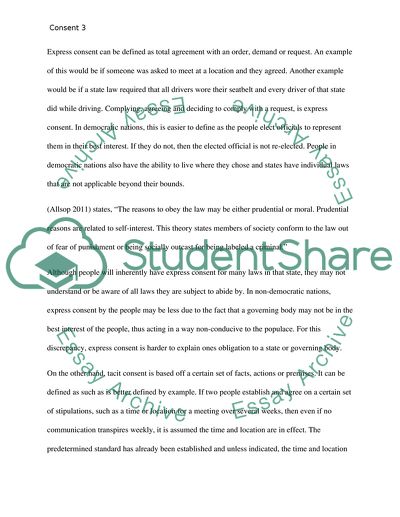Cite this document
(An Inherent Agreement Between a Person and the Laws Essay Example | Topics and Well Written Essays - 1500 words, n.d.)
An Inherent Agreement Between a Person and the Laws Essay Example | Topics and Well Written Essays - 1500 words. https://studentshare.org/philosophy/1630885-an-inherent-agreement-between-a-person-and-the-laws
An Inherent Agreement Between a Person and the Laws Essay Example | Topics and Well Written Essays - 1500 words. https://studentshare.org/philosophy/1630885-an-inherent-agreement-between-a-person-and-the-laws
(An Inherent Agreement Between a Person and the Laws Essay Example | Topics and Well Written Essays - 1500 Words)
An Inherent Agreement Between a Person and the Laws Essay Example | Topics and Well Written Essays - 1500 Words. https://studentshare.org/philosophy/1630885-an-inherent-agreement-between-a-person-and-the-laws.
An Inherent Agreement Between a Person and the Laws Essay Example | Topics and Well Written Essays - 1500 Words. https://studentshare.org/philosophy/1630885-an-inherent-agreement-between-a-person-and-the-laws.
“An Inherent Agreement Between a Person and the Laws Essay Example | Topics and Well Written Essays - 1500 Words”. https://studentshare.org/philosophy/1630885-an-inherent-agreement-between-a-person-and-the-laws.


